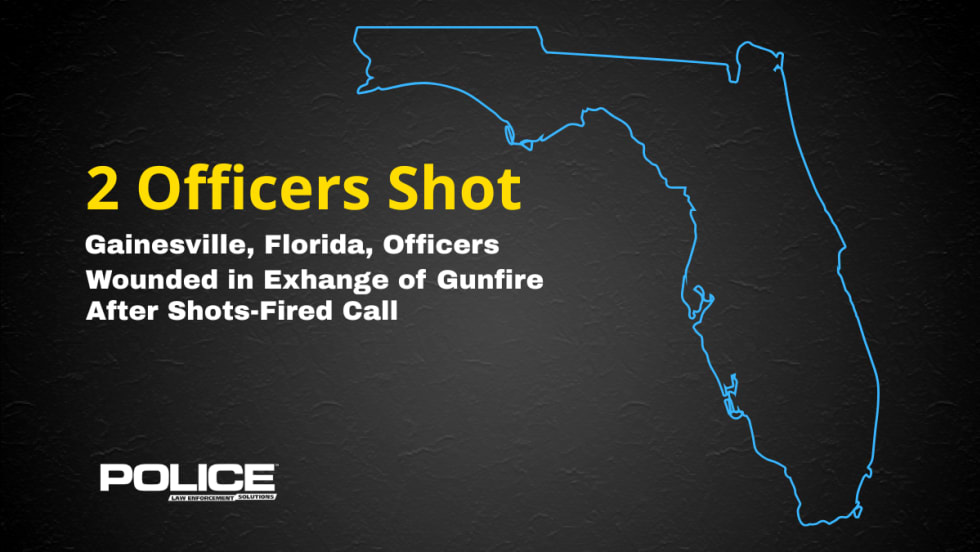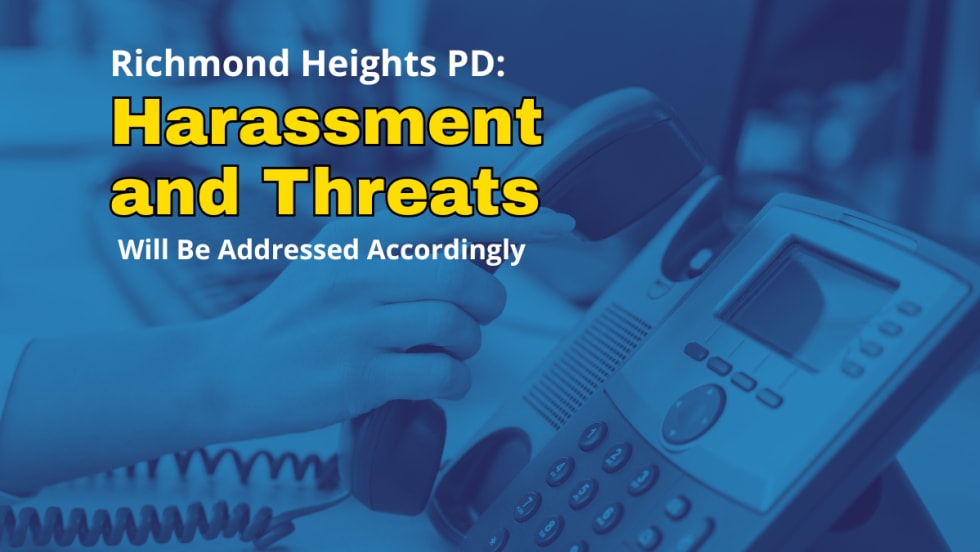There are many different tools we can use to do our jobs more effectively in police work. These tools come in a variety of shapes and sizes, but one stands above the rest in its usefulness: information, and the ability to use it. Field contacts, in particular, are a font of useful information, if you're vigilant about mining this resource.
Simply put, the more information you have in a case, the better your chances of solving it. While this is common knowledge to most officers, we tend to forget that using field contacts is one of the easiest ways of gaining intelligence in our own cities.
As officers, we contact people in our cities every day in a wide variety of settings. Each one of these contacts yields great information that could later become the crucial piece of an investigation.
Every traffic or pedestrian stop gives us great identifying information on both a person and his or her vehicle of choice. However, if we don't record this information, it is likely lost forever. That is where we as officers tend to fall short.
All departments have some way of recording information without making it a crime report. If a contact doesn't warrant a full-blown investigation, it can still be recorded for future usefulness. Police agencies across the nation have various names for these records, such as field contacts, field interviews, pedestrian contacts, and so forth. No matter what they are called, they can quickly transform from an ordinary slip of paper into a treasure worth its weight in gold.
Some of the best leads come down to a suspect having been documented or associated in a totally unrelated case.
For example, let's say an officer is investigating a known-suspect robbery. One of the first steps in his or her investigation would be to check prior contacts with that individual. If an officer had stopped the suspect a few nights prior for traffic violations, the investigator would have a great place to start his or her investigation. Plus, he or she would also have a vehicle description to further enhance their case. If that suspect was contacted with a few of his friends, the officer would have potential accomplice information as well.
Other uses of these field contacts can include using them to link two or more people together, or to record a virtual footprint as to the whereabouts of a certain individual. No matter what that person may say in an interview, you know for a fact that he or she was at a certain location at a certain time based on a field contact done by a fellow officer. Imagine the usefulness of this information when trying to pin down this person's location to make your case.
This information can also be especially useful in solving unreported cases. If a person was contacted in front of a business at night, then the business reports being burglarized the following morning, who do you think should be getting a visit?
Gang cases can also be greatly enhanced by these types of contacts. Be sure to record every bit of gang-affiliated clothing and items worn by these individuals. Every last ounce of it will help your case later when you or another officer is trying to document this individual as a gang member. If a subject admits his or her gang membership, it's even better. Be sure to record it and also who the person was hanging out with. All contacts with gang members can add up and give your investigators a very good picture of the specific gangs in your city, as well as their turf.
Documentation allows your department to create a database of people within the city. It also allows detectives and investigators to go back at a later time and search that database for anyone they are looking for. That simple field contact at the local park could turn into the big break detectives need for an upcoming homicide case. Remember, no matter how good communication is at your department, no patrol team knows everything their investigators are working. Detectives and other officers are constantly running names in your department's database to find people and vehicles. Give them, and yourself, every advantage you can by increasing the field contacts. You will be glad you did.












